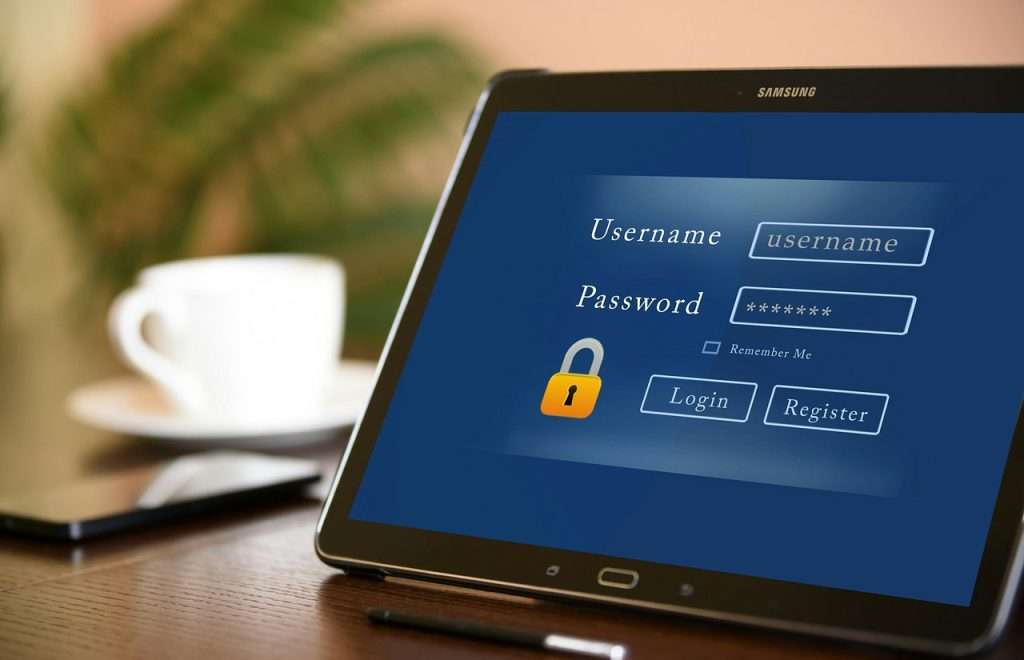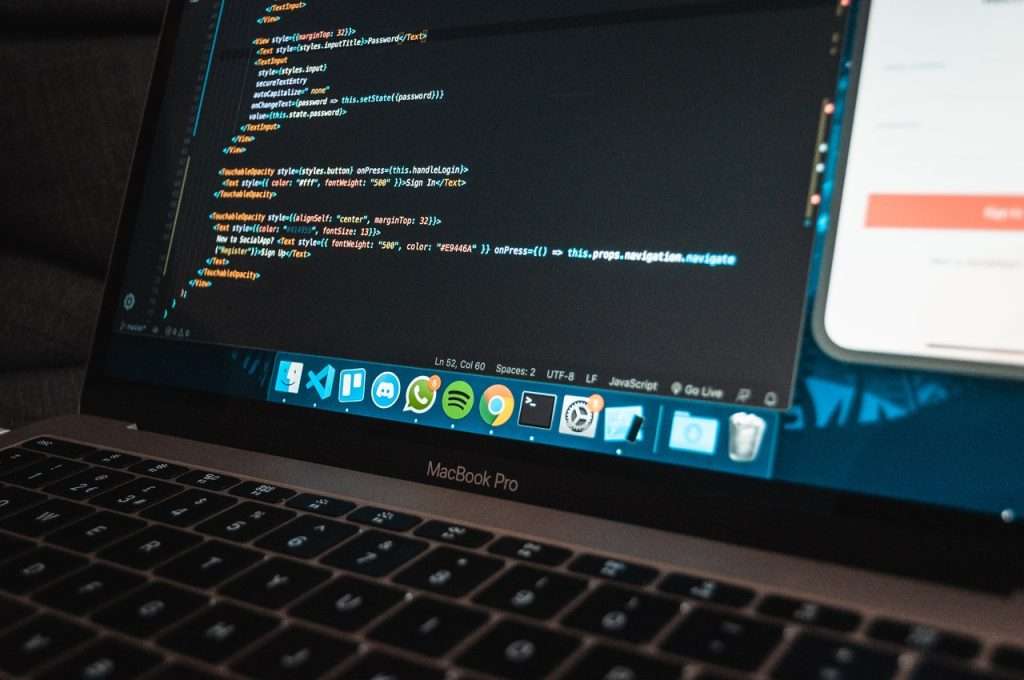We all know that Internet can be a scary, dangerous place and privacy on the Internet is one of the top priorities when browsing the Web. When you mention privacy and security, you must mention VPN.
We have all heard of VPN in 2022, and some of us even use it, or if we still don’t use it, maybe we’re contemplating using it. But what is a VPN, how does it work, and what does it protect you from? We’re now going to answer and explain all of these questions.
VPN stands for virtual private network and what it does is protect your online security. It protects it in many ways, and we’re going to explain how all of them work one by one.
1. IP Address

IP address, “Internet Protocol address,” identifies a network or device on the Internet. VPN hides or disguises your IP address so nobody can find your location or track you online.
When you’re using VPN, if someone wants to locate or track you, they won’t be able to get your real IP address, but they will get the one provided by the VPN, so nobody will be able to do any of the mentioned actions.
2. Encrypting User Data
When you log in to Whatsapp and start a new chat, you are welcomed with a pop-up message saying that all your data is encrypted.
That means your data cannot be shared with third parties, hackers, or the government. VPN does precisely that, which implies that no one can see your traffic or data online.
3. Multi-Factor Autentification

Many apps have multi-factor authentication, which is just an extra step in securing your account, and VPN has it as well. It stands for an extra precaution other than just your username and password.
It can mean an SMS message confirming your identity when logging into your account from a different device. This can protect you from being hacked or anyone else entering your account.
4. No Logs

While using a VPN, your data and activities will not be logged in. This is possible because most VPNs use an anonymization process which means that your information will not be collected or your personal information stored during logins.
On top of that, we’ve already mentioned that VPN provides a shared IP address that protects you from being located, and nobody can track your data or activities. That means your privacy while browsing will not be affected, and all your personal information will not be collected.
After discussing ways in which VPN is protecting you online, we must mention how VPN works efficiently while guarding your safety. VPN does encrypt your information.
Still, that information is being decrypted in VPN servers so your actions can be processed. To explain this better, if you want to log in to Facebook or watch something on Netflix, for that to happen, VPN servers have to be able to see your decrypted information.
Also, your IP address and data are protected, but if you log in somewhere with your Google account or any account that shows your information, you can be tracked through forums, so keep that in mind while using VPN.
Conclusion
VPN is one of the best ways to keep yourself safe online, and there are many ways in which you’re being protected.
When throwing yourself into the hands of a VPN, keep the tips mentioned above and tricks in the back of your mind and let VPN do the rest!






